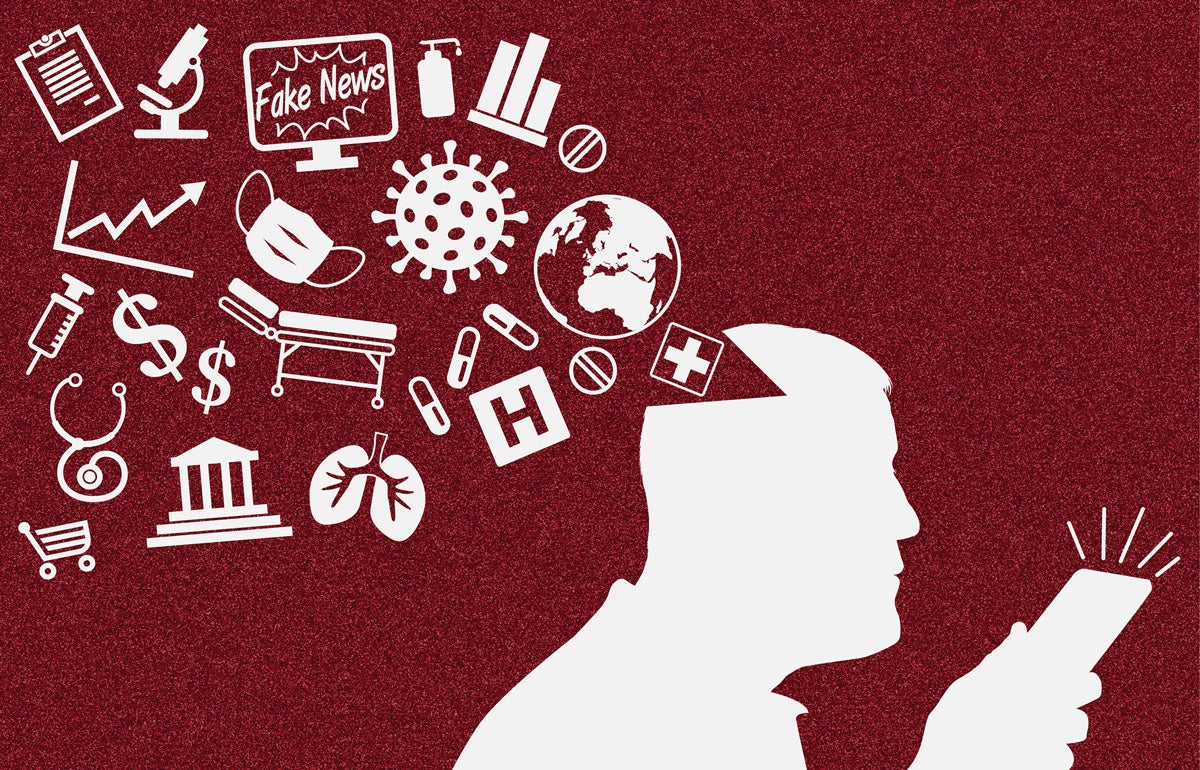Navigating the Age of Information Overload
My Journey to Combat Misinformation

In the digital age, where information is just a click away, it's easier than ever to be inundated with news, opinions, and data. However, this convenience comes with a significant drawback: the overwhelming prevalence of misinformation.
As someone who values accurate information and strives to stay well-informed, I've had to develop strategies to protect myself from falling prey to falsehoods and misleading content. Here’s my journey and the methods I've found most effective.
Understanding the Landscape
The first step in my journey was recognizing the sheer volume and complexity of the information landscape. Every day, I encounter countless articles, social media posts, videos, and reports. This deluge of information can be overwhelming, and distinguishing between reliable sources and misinformation is no small feat. I realized that I needed a systematic approach to navigate this environment effectively.
Critical Thinking and Skepticism
One of the most important skills I’ve honed is critical thinking. I approach every piece of information with a healthy dose of skepticism. This doesn't mean I doubt everything I read or hear, but I don't accept information at face value either. Instead, I ask myself key questions: Who is the source? What is their agenda? Are there corroborating sources? This mindset has been crucial in filtering out dubious content.
Verifying Sources
To ensure the credibility of the information, I’ve learned to verify sources meticulously. I cross-check facts with reputable outlets known for their journalistic standards. For example, if I come across a startling piece of news on social media, I look for coverage of the same story on well-established news platforms like the BBC, Reuters, or The New York Times. This cross-referencing helps confirm the accuracy of the information.
Recognizing Bias
Bias in media is inevitable, but being aware of it helps in assessing the information more accurately. I pay attention to the language used in articles and reports. Sensationalist or emotionally charged language often indicates a biased perspective. By understanding the potential biases of different sources, I can better contextualize the information they provide and balance it with other viewpoints.
Utilizing Fact-Checking Tools
Fact-checking websites have become invaluable tools in my quest for accurate information. Platforms like Snopes, FactCheck.org, and PolitiFact specialize in investigating and debunking false claims. Whenever I come across a piece of information that seems dubious or sensational, I check these sites to see if they have analyzed and verified the claim. This practice has saved me from spreading misinformation on numerous occasions.
Social Media Vigilance
Social media is a double-edged sword. While it offers instant access to information, it also amplifies misinformation. I've had to be particularly vigilant about the content I consume and share on platforms like Facebook, Twitter, and Instagram. I scrutinize the sources of articles shared by friends and family and avoid spreading unverified information. Additionally, I make use of platform-specific features to report and block sources of consistent misinformation.
Continuous Learning and Adaptation
The fight against misinformation is ongoing, and I constantly adapt my strategies as new challenges arise. I stay informed about the latest tactics used by purveyors of misinformation and update my methods accordingly. This includes being aware of deepfakes, understanding algorithmic biases on social media, and recognizing the role of bots and trolls in spreading false information.
Educating Others
Finally, I’ve found it essential to share my knowledge and strategies with others. Misinformation affects everyone, and by educating friends, family, and colleagues about the importance of critical thinking and source verification, I help create a more informed community. This collective effort amplifies the impact of individual vigilance and helps combat misinformation on a larger scale.
In the age of information overload, protecting oneself from misinformation requires a proactive and multifaceted approach. Through critical thinking, source verification, bias recognition, and continuous learning, I’ve managed to navigate the complex information landscape more effectively. By sharing these strategies with others, I hope to contribute to a more informed and discerning society, better equipped to handle the challenges of the digital age.
Thank you!
_________________________________
Your most valuable asset is your time. Invest him properly!
DYOR
Not your keys, Not your crypto!
Find useful articles to read: HERE
My referal links:
Images from: Harvard Public Health Magazine
If you like my content please:











































